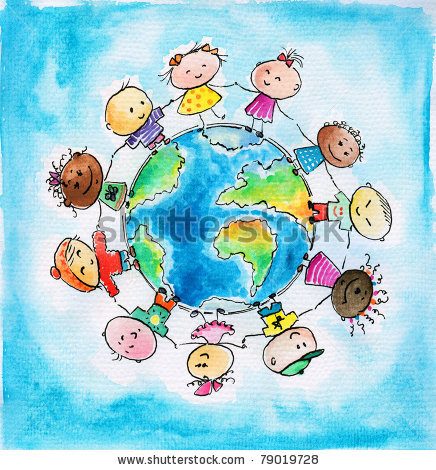Biodegradation is the chemical dissolution of materials by bacteria or other biological means. Although often conflated, biodegradable is distinct in meaning fromcompostable. While biodegradable simply means to be consumed by microorganisms and return to compounds found in nature, "compostable" makes the specific demand that the object break down in a compost pile. The term is often used in relation to ecology, waste management, biomedicine, and the natural environment (bioremediation) and is now commonly associated with environmentally friendly products that are capable of decomposing back into natural elements. Organic material can be degraded aerobically with oxygen, or anaerobically, without oxygen.Biosurfactant, an extracellular surfactant secreted by microorganisms, enhances the biodegradation process.
Biodegradable matter is generally organic material such as plant and animal matter and other substances originating from living organisms, or artificial materials that are similar enough to plant and animal matter to be put to use by microorganisms.
Biodegradable plastic: What you need to know
Biodegradable plastic has been touted as an eco-friendly solution, but does it live up to its reputation?

Biodegradable plastic was once a classic greenwashing scheme that often tricked consumers into purchasing products that were not, in fact, biodegradable. However, the Federal Trade Commission (FTC) has cracked down on these dubious claims and now defines what can and cannot be marketed as biodegradable plastic.
To qualify as biodegradable, a material must be scientifically proven to break down completely and return to nature within a short time, the FTC says. Don’t be fooled, though: Not all biodegradable plastic is made from bio-based products like plants and food waste; some is derived from synthetic polyesters and other non-bio-based feedstock.
Is it really eco-friendly?
But even plastic certified as biodegradable may not be as environmentally friendly as it appears. In fact, according to a recent study released by Germany’s Federal Environment Agency, biodegradable plastic offers almost no environmental advantage over traditional plastic.
Why? Unless plastic is composted or recycled, it ends up in landfills, which are designed to be kept dry and air-tight conditions that actually inhibit biodegradation. According to the Canada-based Environment and Plastics Industry Council (EPIC), even though more than two-thirds of the garbage that goes into landfills may be purported to be biodegradable, little change occurs once it gets there.
“Nothing has as popular an image as biodegradability in landfills unfortunately, though, it just doesn’t happen,” says Dr. William Rathje, an archaeologist at the University of Arizona and author of the book “Rubbish!: The Archaeology of Garbage.”
According to Rathje, if plastic were able to degrade in landfills, the environmental impact would be even worse. When biodegradable plastic breaks down in landfills, he explains in his book, it releases two greenhouse gases, carbon dioxide and methane, exacerbating climate change. Moreover, it could contribute to unstable sub-soil conditions and storm-water pollution.
There are also concerns about how biodegradable plastic is produced. For instance, much of the feedstock used to create biodegradable plastic comes from corn and other plants that have been treated with fertilizers and/or been genetically modified, the Sustainable Biomaterials Collaborative notes.
What you can do
If biodegradable plastic is not really degradable after all, then what can you do to reduce your plastic footprint? The good news is that biodegradable plastic will degrade if composted properly. The Biodegradable Products Institute maintains a list of productsthat have been independently verified as compostable.
If composting is not your thing, recycling and reusing are also generally sustainable options. Another good practice is to reduce your plastic use overall, the EPIC recommends. Less plastic is better than biodegradable plastic, so make smart decisions.

No comments:
Post a Comment